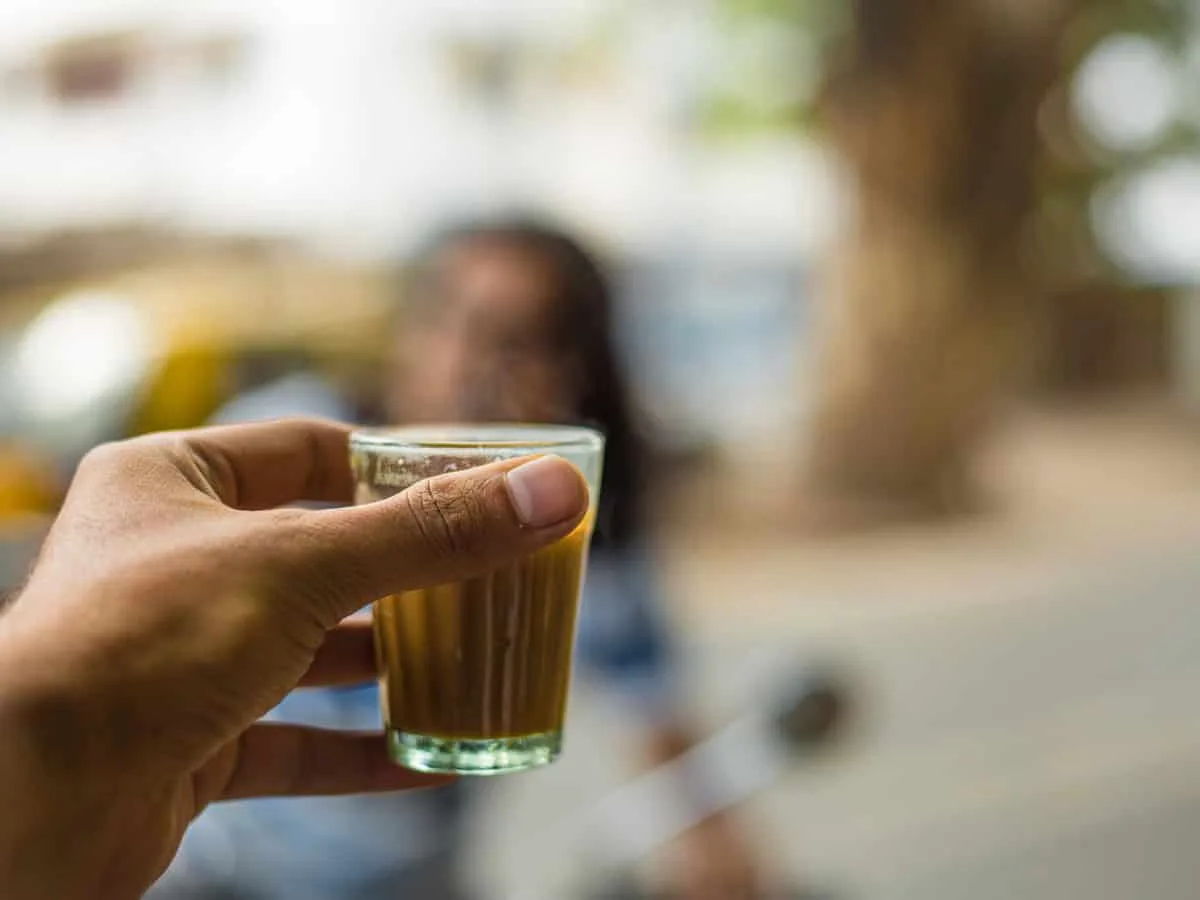Hyderabad: Irani chai, the essence of Hyderabad’s tea culture served at Cafe Niloufer is now available at Numaish in Hyderabad starting January 3.
During the inaugural event at Nampally, a representative from the exhibition society welcomed Niloufer Cafe to Numaish 2025 stating, “With 1200 stalls already registered, Cafe Niloufer joined the exhibition for the first time.”
Typically, Cafe Niloufer sells a cup of chai for Rs 35 at Lakdikapul while in Banjara Hills, the price is Rs 100 for one cup and Rs 120 for 1/2 cup of Irani chai.
What else is Hyderabad’s cafe Nilofer famous for?
Beyond its famed Irani chai, Hyderabad’s Cafe Niloufer is also known for its bakery items such as its soft and buttery bun maska and malai bun which is sold in huge quantities every day.
The owner of Cafe Niloufer, Babu Rao has an inspiring story. He came to Hyderabad in 1975 with no money and no place to stay. He then started working as a cleaner at the cafe, then became a waiter, and later learned to make tea. In 1993, after years of hard work, he became the owner. Now, Babu Rao runs multiple Niloufer outlets across Hyderabad.
Is Nilofer a competition to Pista House?
As Cafe Niloufer debuts its famous Irani chai at the Numaish exhibition in Hyderabad, the question arises: will Pista House, known for its Irani chai and legendary mutton haleem face stiff competition? Only time will tell.
Irani chai history
Irani chai, which has immense cultural significance in Hyderabad was created here by Iranian migrants who came to the about a century ago. While it is not known exactly which was the first one to be set up, the Grand Hotel is the oldest surviving cafe (established in 1935).
Hyderabad: Inflation pushes up cost of Irani chai to Rs 20
The migration by Iranians took place in the early 20th century. Those Iranians also went to Karachi (Pakistan), while some reached Bombay (by sea) and then to Hyderabad. It was easier for them to live in Hyderabad also, given its Persian roots and culture river shares with Iran historically.
The irony however is that Irani chai sold in Hyderabad is not what Iranians drink back home. It is simply called so because of the tea that was sold in these cafes run by Iranian owners. The slow-boiled (sweet) milk and decoction, which is mixed half and half, is served in these cafes. Both the liquids are in fact on slow boil all day long!
While drinking chai itself is not something new, the concept of drinking chai as a habit was introduced by the British to the masses. When the Iranians landed in India, they realised that people were by then used to having the beverage with milk. Post-independence, Irani cafés also became a hub for intellectuals and students, who would sit and discuss politics there.







